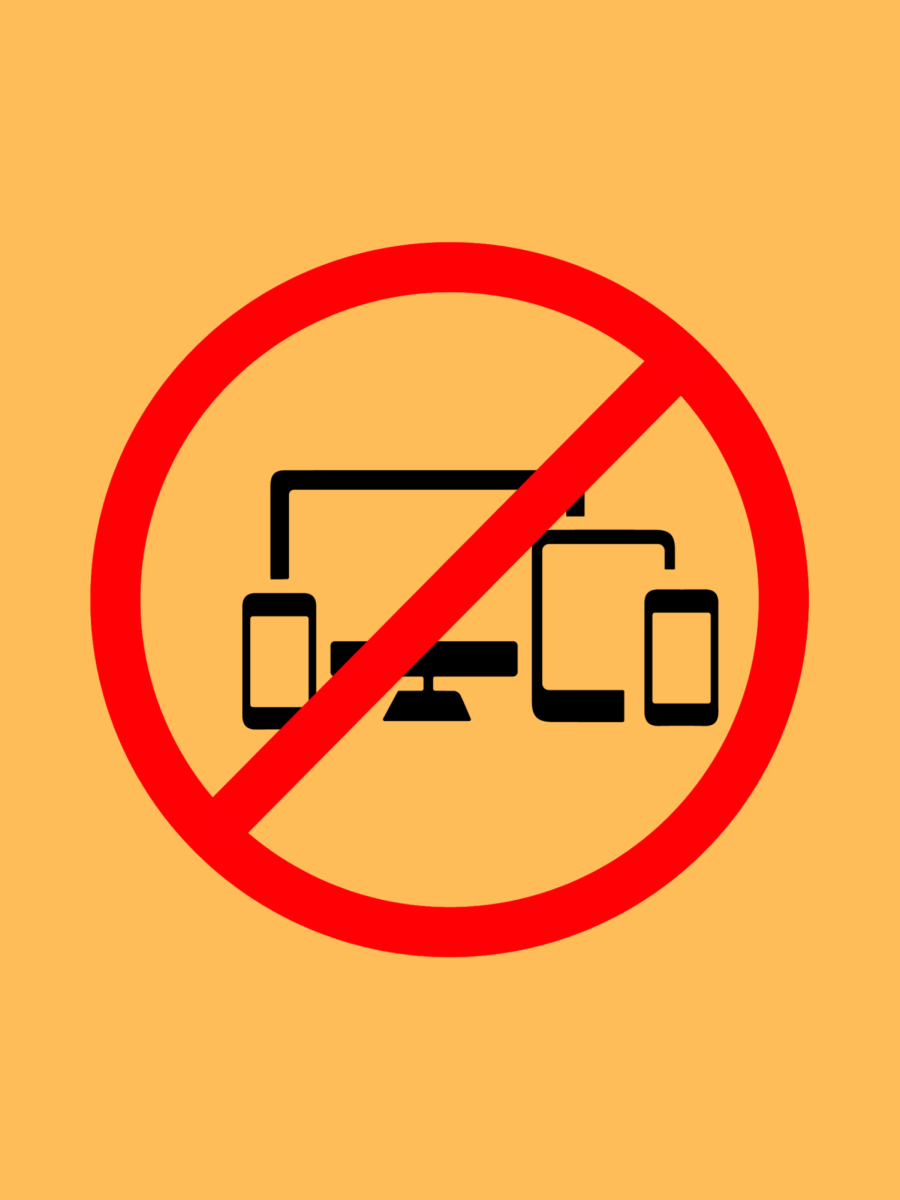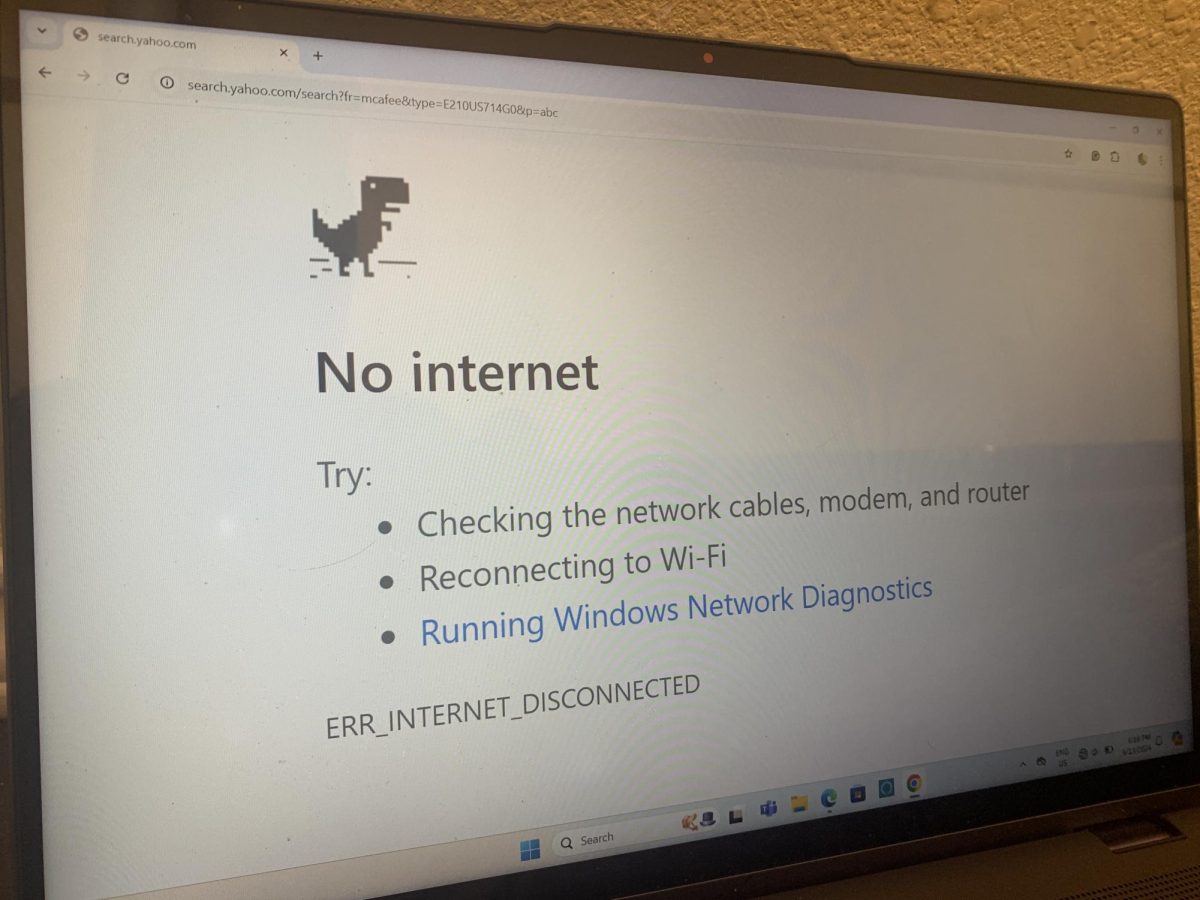Sweden is known for its extensive use of technology in school; however, they are now substantially decreasing the use of technology in schools.
With the 2023 school year starting, teachers across Sweden dialed back on digital learning, trading tablets for printed books, quiet reading time and handwriting practice.
The root of this change comes from concerns regarding the loss of essential skills as a result of Sweden’s hyper-digitalized approach to education, in which tablets were introduced to nursery schools.
One skill affected by hyper digitalization is reading proficiency. Every five years, many countries across the world have their students take the Progress in International Reading Literacy Study (PIRLS) assessment. This assessment showed a decline in reading proficiency among students in Sweden between 2016 and 2021.
In 2016, fourth graders in Sweden averaged 555 points, but in 2021, fourth graders averaged 544 points. Although Sweden still remains above the European average for reading proficiency, the decline in average scores sparked some concern.
Experts argue part of this decline is the result of the learning gap from the pandemic or of an increase in immigrants who don’t speak Swedish as a first language. However, the Karolinska Institute, a highly respected research-focused medical school, considers excessive screen time as a key factor in this decline.
The Karolinska Institute, has found scientific evidence showing digital tools are impairing students’ learning. They believe that an overuse of screens during school lessons has caused students to fall behind, and students should revert back to learning from printed textbooks and face-to-face activities.
Senior Spencer Johnson reflected on his experiences with digital tools and face-to-face activities. “I personally think digital tools can be great assets, like they were during the pandemic when everyone was in online school. However, I just never feel like I have learned as much as I would have from face-to-face lessons from my teachers,” he stated.
Senior Shivesh Ganesh looked at the digitalization of education in a similar light. “If students are always learning and writing with digital tools they won’t be able to learn essential skills such as legible handwriting. Even today I can’t seem to read some of my peers’ handwriting, so I can only imagine what the handwriting of a generation that learned by typing on digital tools will look like,” he stated.
Lotta Edholm, Sweden’s minister of education, has been a public critic of the overuse of digital tools in classrooms since she took office 11 months ago. She has announced that the government wants to reverse the decision made by the national agency for education to make digital devices required in preschools. The minister also indicated that she is looking for different plans to decrease the amount of digital tools used in schools. One of these plans include the complete elimination of digital learning for kids under the age of six.
Online instructional learning is a hot topic across the world. The pandemic pushed schools to provide millions of laptops in the United States, but due to the continuing digital divide, the US utilizes a blend of digital tools and face-to-face activities in their education system. “I have a cousin in first grade and they don’t use many digital devices daily in order to learn school lessons,” Ganesh said.
To counter the decline in reading proficiency, the Sweden government is investing kr685 million (nearly $63 million USD) in book purchases for schools in 2023. They will be spending another kr500 million (nearly $46 million USD) in 2024 and 2025 to accelerate the return of books to school curriculums.
Technology has many uses in education, but it may not necessarily be beneficial. With Sweden’s shift away from a digitalized education system, only time will tell whether or not this was the right move in improving education.










Quinn Vice • Aug 31, 2024 at 3:20 pm
I agree with Sweden’s choice of decreasing the use of technology in school. Although it may seem very convenient and what the ‘world has come to’, it is truly impairing the way kids are performing academically. The fact that Sweden’s PIRLS scores have gone down 10 points from 2016-2021 because of the extensive use of technology, is shocking. I believe that the US should do the same and decrease the amount of technology used in school.
Kaleigh McGrath • Jan 28, 2024 at 8:44 pm
I agree with Sweden’s choice to decrease their digital tools. I believe our schools within the U.S should do the same. It is very shocking to me that digital tools were introduced to nursery schools. The younger generation here has been introduced to technology way too young as well.
camrin • Oct 15, 2023 at 11:15 pm
I think it is crazy the fact that they tablets in nursery schools. i feel that it is probably a good idea that they are starting to dial back on the technology, some tech is good but like they said to much tech can be bad for you.
Robert Curtis • Oct 12, 2023 at 12:17 pm
I wonder if schools here in America will possibly try to do the same thing as Sweden. It’s unfortunate that too much digital learning has affected students.